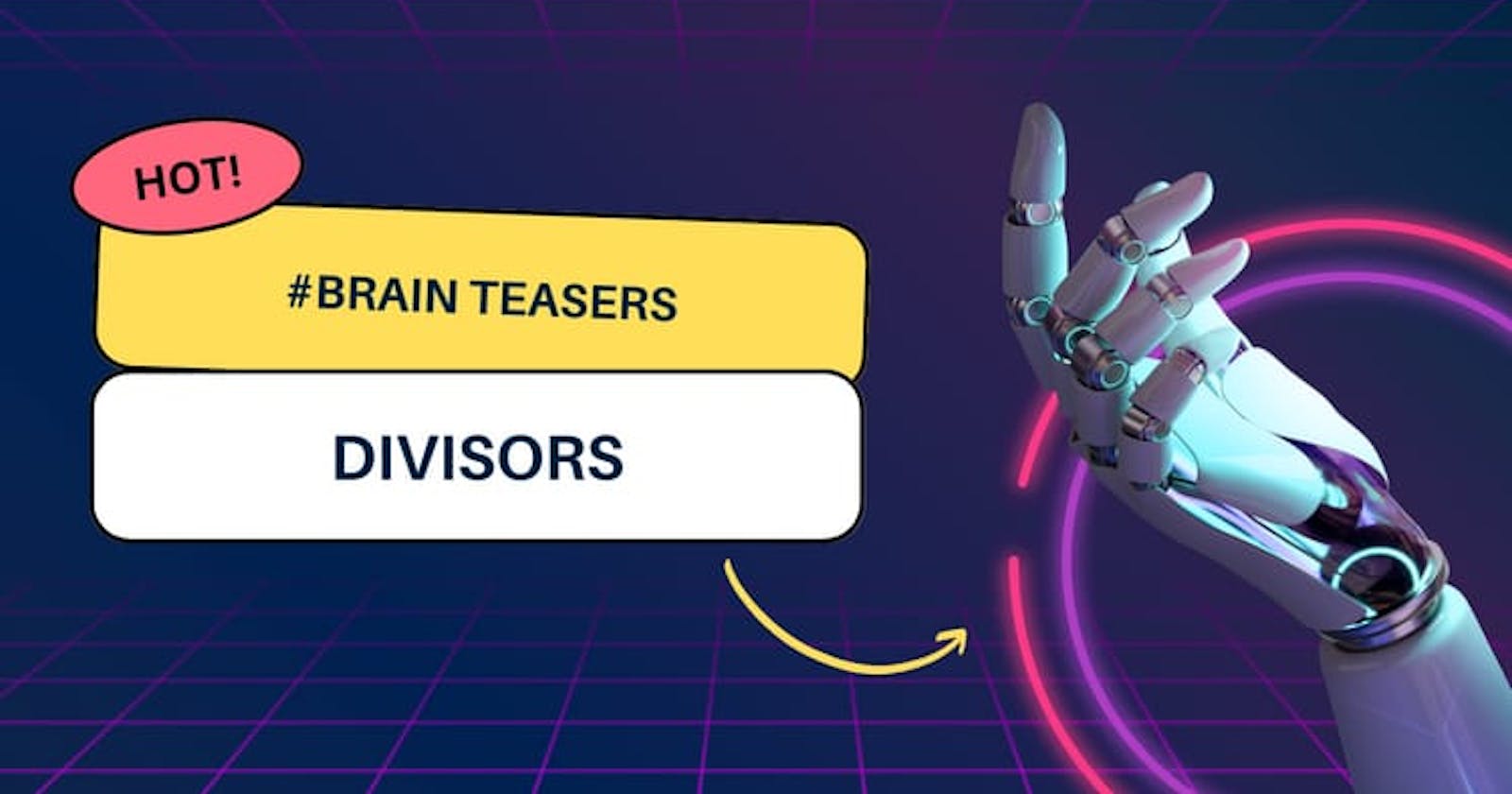Table of contents
- Introduction
- 1. The Role of AI in Modern Work
- 2. AI-Enhanced Productivity
- 3. AI and Job Displacement
- 4. The Gig Economy and AI
- 5. AI and Job Creation
- 6. AI and Ethical Workplace Considerations
- 7. AI and Remote Work
- 8. Preparing for the AI-Driven Workplace
- 9. AI in Human Resources
- 10. AI and Collaboration
- 11. AI and Well-being at Work
- 12. The Future of Work with AI
- 13. Conclusion
Introduction
Artificial Intelligence (AI) is reshaping the world of work in unprecedented ways. From automating routine tasks to enhancing decision-making processes, AI is becoming an integral part of the workplace. In this comprehensive blog post, we will explore the profound impact of AI on the future of work, discussing the opportunities it presents and the challenges it poses.
1. The Role of AI in Modern Work
Defining AI in the Workplace
We'll start by defining AI and its various applications in the modern workplace.
AI Adoption Trends
A discussion on the global adoption of AI technologies and the industries leading the way.
2. AI-Enhanced Productivity
Automation of Repetitive Tasks
Exploring how AI is automating mundane and time-consuming tasks, allowing employees to focus on more creative and strategic work.
Streamlining Workflows
How AI is optimizing business processes and increasing efficiency.
AI-Driven Decision Support
The role of AI in providing data-driven insights for better decision-making.
3. AI and Job Displacement
The Fear of Automation
Addressing concerns about AI's potential to replace human workers.
Reskilling and Upskilling Initiatives
Highlighting the importance of workforce development to adapt to the changing job landscape.
4. The Gig Economy and AI
How AI Facilitates Gig Work
Exploring how AI platforms connect freelancers with employers and create opportunities in the gig economy.
The Changing Nature of Work
Discussing how the gig economy is transforming traditional employment models.
5. AI and Job Creation
Emerging AI-Related Job Roles
Identifying new job opportunities created by AI technologies.
Entrepreneurship and AI Startups
The role of AI in fostering entrepreneurship and startups.
6. AI and Ethical Workplace Considerations
Bias and Fairness in AI
Examining the challenges of bias in AI algorithms and the need for fairness.
Data Privacy and Security
Addressing the ethical considerations of data privacy in AI applications.
Employee Monitoring and Surveillance
Exploring the implications of AI-based employee monitoring and surveillance.
7. AI and Remote Work
Remote Work Technology and AI
How AI supports remote work and enhances virtual collaboration.
The Impact on Work-Life Balance
Discussing the effects of remote work on employee well-being and work-life balance.
8. Preparing for the AI-Driven Workplace
Lifelong Learning and Adaptability
The importance of continuous learning and adaptability in an AI-driven workplace.
Leveraging AI for Career Development
Ways employees can use AI for personal and professional growth.
Navigating the Shifting Work Landscape
Strategies for employees and businesses to navigate the evolving work landscape.
9. AI in Human Resources
AI in Recruitment
How AI is transforming the recruitment process, from candidate screening to onboarding.
Employee Engagement and Retention
Exploring how AI can improve employee engagement and reduce turnover.
Performance Management
The role of AI in performance evaluation and feedback.
10. AI and Collaboration
Augmented Intelligence
The concept of AI as a collaborative partner to human workers.
Virtual Teams and Collaboration Tools
How AI supports virtual teams through communication and collaboration tools.
11. AI and Well-being at Work
AI for Stress Management
How AI can assist in stress management and mental well-being.
Workforce Health and Safety
AI's role in ensuring a safe and healthy work environment.
12. The Future of Work with AI
Emerging Technologies and Trends
A glimpse into the future with emerging AI technologies and trends.
AI's Impact on Work Culture
The transformation of workplace culture in an AI-driven environment.
The Road Ahead
Concluding thoughts on the evolving relationship between AI and the future of work.
13. Conclusion
Summing up the multifaceted impact of AI on the workforce, emphasizing the need for adaptability, ethical considerations, and a forward-looking approach to embrace the future of work in the age of AI.
